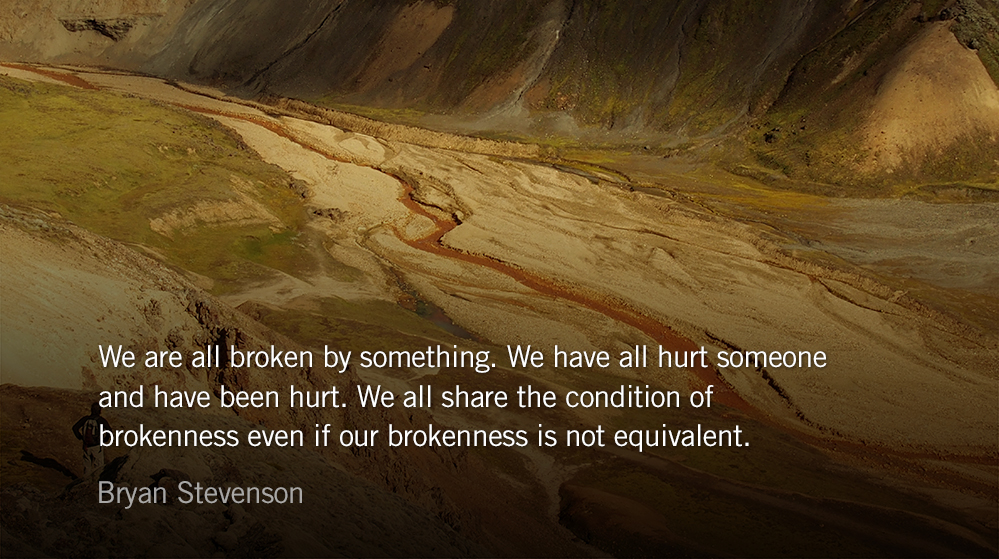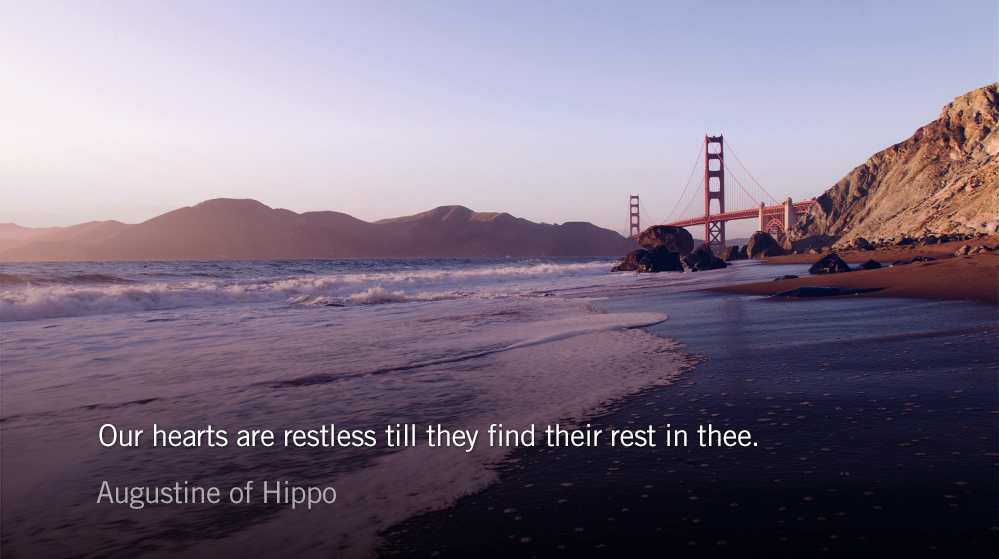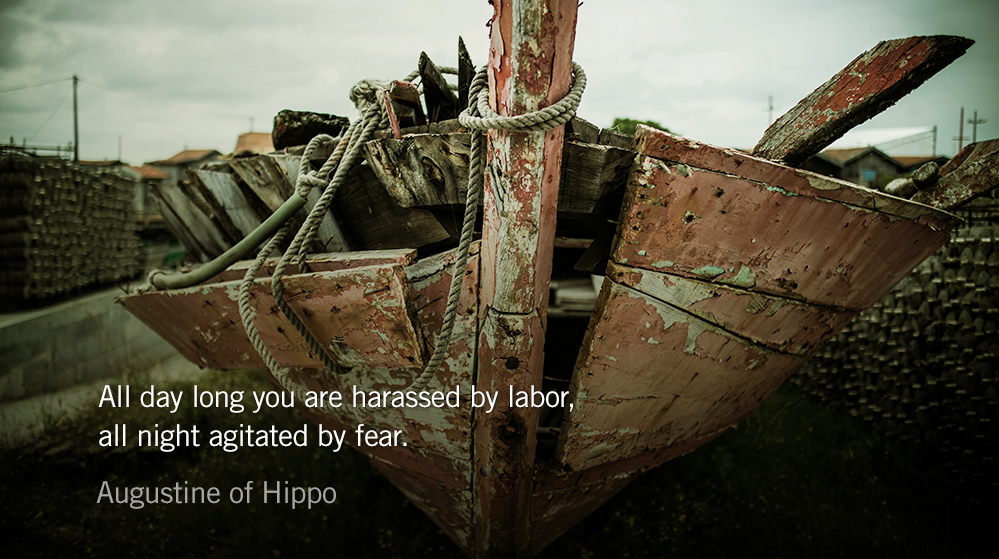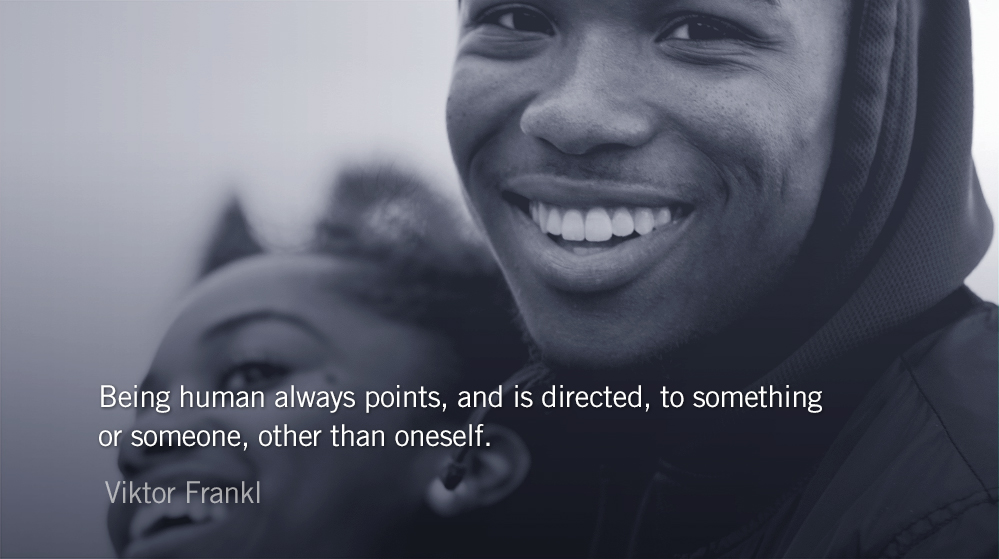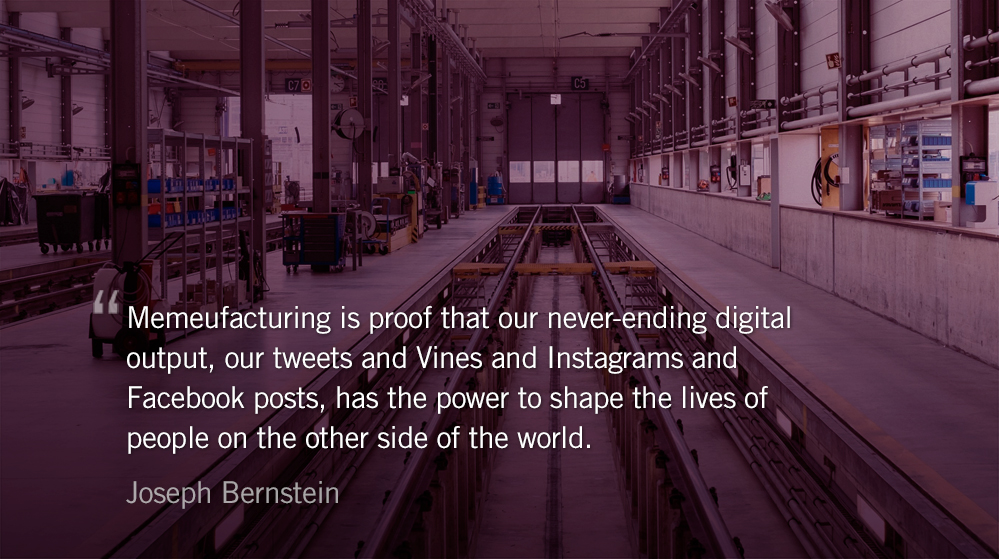“We are all broken by something. We have all hurt someone and have been hurt. We all share the condition of brokenness even if our brokenness is not equivalent.”
Scripture: 1 John 3.12, 16
We should not be like Cain, who was of the evil one and murdered his brother. And why did he murder him? Because his own deeds were evil and his brother’s righteous…. By this we know love, that he laid down his life for us, and we ought to lay down our lives for the brothers.
Reflection: The Essence of Sin
The Park Forum
We seat our identity in so many places—career, fashion, vacation—but in the Biblical world the seat of identity is the family, and the chief expression is found in a person’s name. In Genesis 4 we meet two brothers: Cain—which means successful and productive—and Abel—which means worthless or nobody.
In an agrarian world Cain, who worked the ground, was fruitful; but Abel, who hunted, was not. (Archaeologists estimate nearly 90% of the human diet during this time period was fruits and vegetables.)
When it came time to worship, God—in a stunning reversal—accepted Abel’s sacrifice, but rejected Cain’s. Reflecting on the elder brother’s explosive response, pastor Timothy Keller explains:
When God favored Abel, Cain either had to readjust his identity or eliminate Abel. When Cain is confronted with God’s measure of what truly matters and what is truly great, he has to exclude both God and Abel because his premise goes like this. “If Abel is who God regards him to be, then I am not who I understand myself to be.”
The power of sin, [Miroslav Volf says], rests not so much on an insuppressible urge of violence than on the reasoning of the perverted self which insists on maintaining its own false identity. Of course, these reasons are only persuasive to the perverted self, not to anyone else. That is why Cain keeps silent when God asks, “Why are you angry?”
The essence of sin is to build an identity outside of God. The essence of sin is to say, “What makes me cool, what makes me okay, what makes me significant is I’m living up to what my parents say; I am a successful farmer. I am this. I am that. That means I’m a somebody, and he is a nobody.” When God shows he has a completely different value system, Cain goes berserk.
Finding ourselves in Cain’s place is not about the symptoms of our sin, but discovering the root cause is the same—our identity rests in our own power, accomplishments, and dreams.
The Request for Presence
Save me, O God, for the waters have risen up to my neck. — Psalm 69.1
— From The Divine Hours: Prayers for Autumn and Wintertime by Phylis Tickle
Full prayer available online and in print.
Today’s Reading
Genesis 5 (Listen – 3:18)
Matthew 5 (Listen – 6:03)


